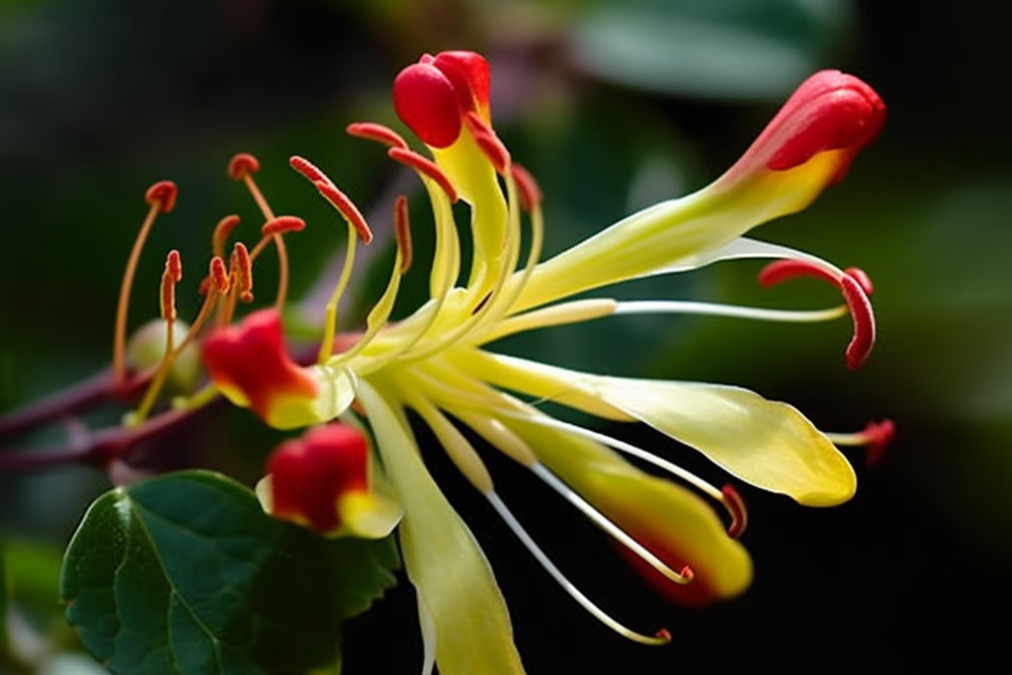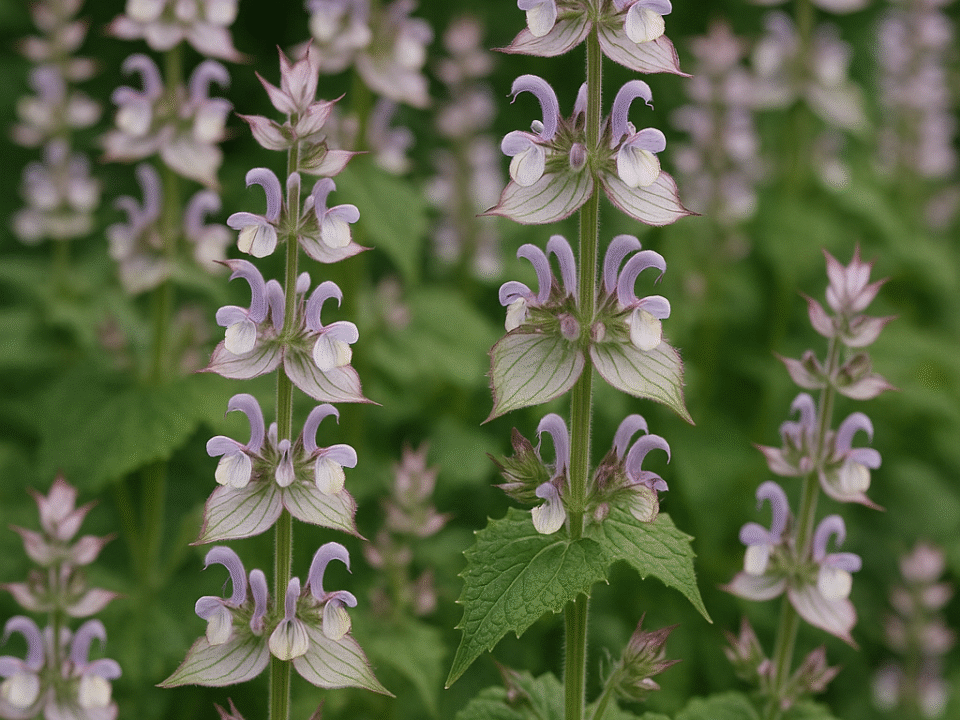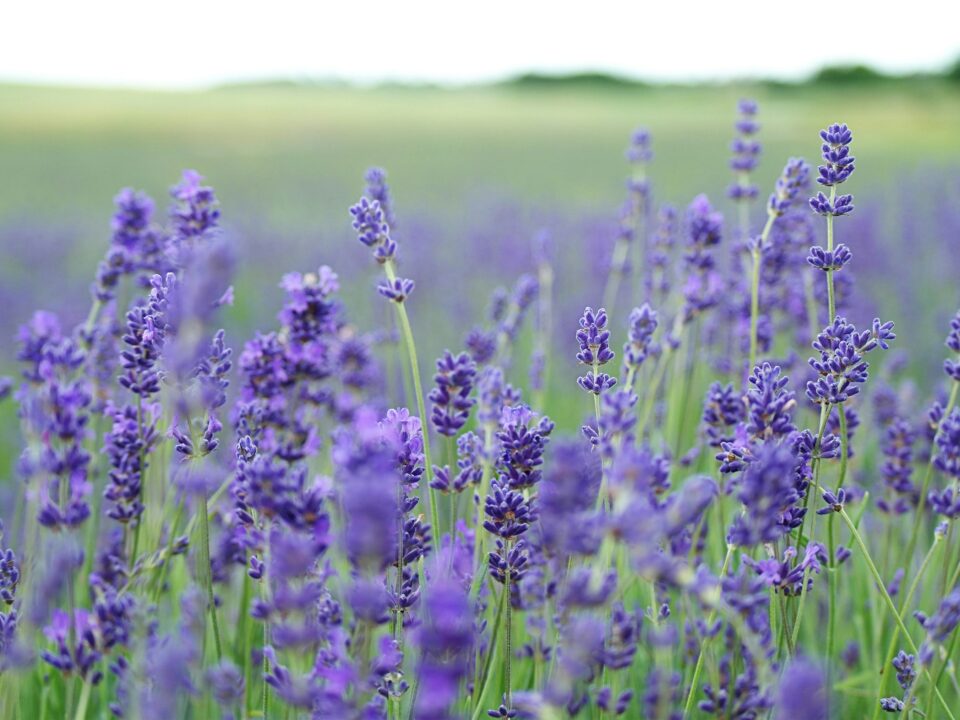
Japanese honeysuckle, or Lonicera japonica, native to East Asia and particularly prevalent in many parts of China, is a species with both admired and notorious characteristics. While often celebrated as an ornamental plant and utilized in traditional Chinese medicine, it is also recognized as an invasive species in several countries. Known for its vigorous growth, Japanese honeysuckle can climb over 10 meters high, twining itself around trees and spreading across gardens.
Despite its invasive nature, Japanese honeysuckle remains a popular choice in nurseries in the United States, where it is sold under the cultivar name ‘Hall’s Prolific’, and in the UK as ‘Halliana’. This cultivar is prized for its effective groundcover capabilities and intensely fragrant flowers. It is propagated through seeds, cuttings, or layering.
In traditional Chinese medicine, the dried leaves and flowers of Japanese honeysuckle, known as Flos Lonicerae Japonicae, are valued for their medicinal properties. They are traditionally used to treat a variety of ailments including fevers, cold-related headaches, coughs, and thirst, as well as inflammation-related conditions such as sore throats, skin infections, and tumor necrosis.
Beyond its medicinal uses, Japanese honeysuckle offers numerous benefits to the skin, thanks to its rich content of vitamins and nutrients. It is especially noted for its antioxidants like quercetin and polyphenols, which shield the skin from oxidative stress and free radical damage. These antioxidants also play a crucial role in preventing premature aging, such as the development of fine lines and wrinkles.
The anti-inflammatory properties of Japanese honeysuckle make it particularly beneficial for soothing and reducing skin irritation, which is ideal for those with sensitive or inflamed skin. Moreover, its natural antibacterial properties help combat acne by inhibiting the growth of acne-causing bacteria, promoting a clearer complexion.
Regular application of honeysuckle extract can improve the skin’s overall tone and diminish the appearance of dark spots, leading to a brighter, more even complexion. The extract’s antimicrobial properties aid in healing minor wounds, cuts, and insect bites, facilitating quicker recovery.
Japanese honeysuckle also acts as a natural hydrator, locking in moisture to prevent dryness, and serves as a gentle astringent that can tighten and tone the skin, reducing the appearance of enlarged pores. Its sweet, pleasant fragrance adds a natural scent to skincare products, eliminating the need for synthetic fragrances.
While generally considered safe for topical use, like any botanical ingredient, Japanese honeysuckle can cause allergic reactions or rashes in rare cases. It is recommended to discontinue use if these symptoms occur and consult a dermatologist, especially if you have pre-existing skin conditions, before incorporating it into your skincare regimen.
Japanese honeysuckle is more than just an invasive plant; its extensive use in traditional medicine and skincare highlights its significant benefits, making it a valuable addition to beauty treatments and health practices.



